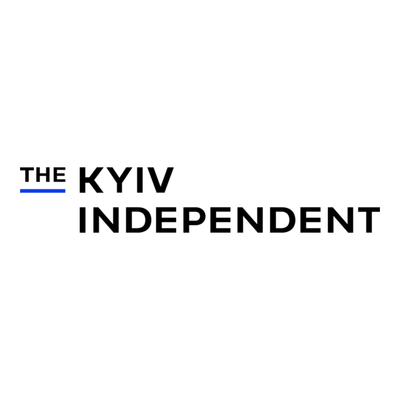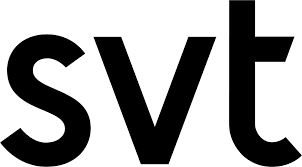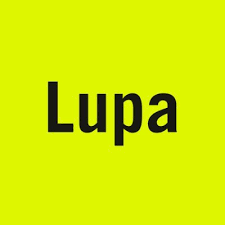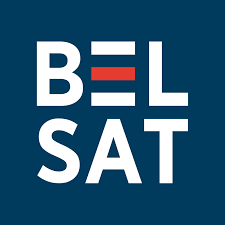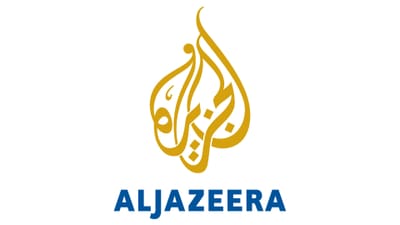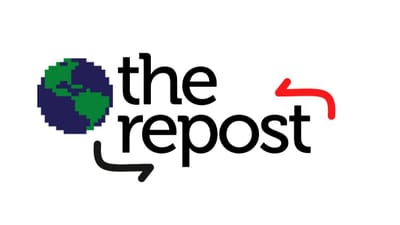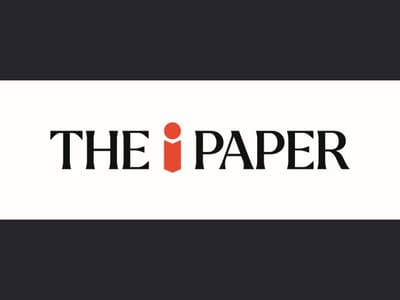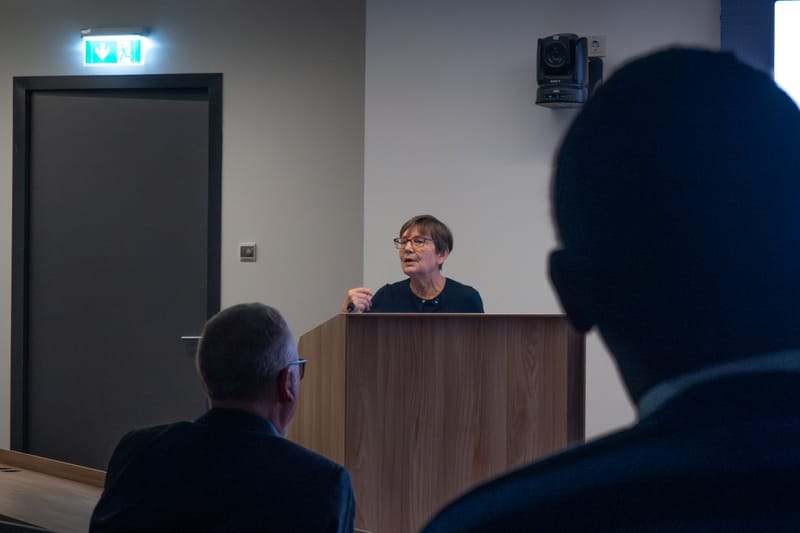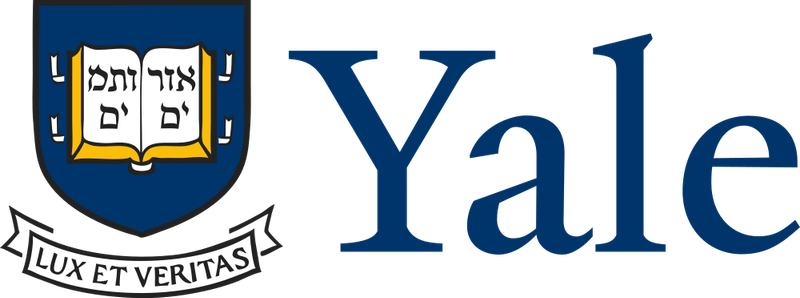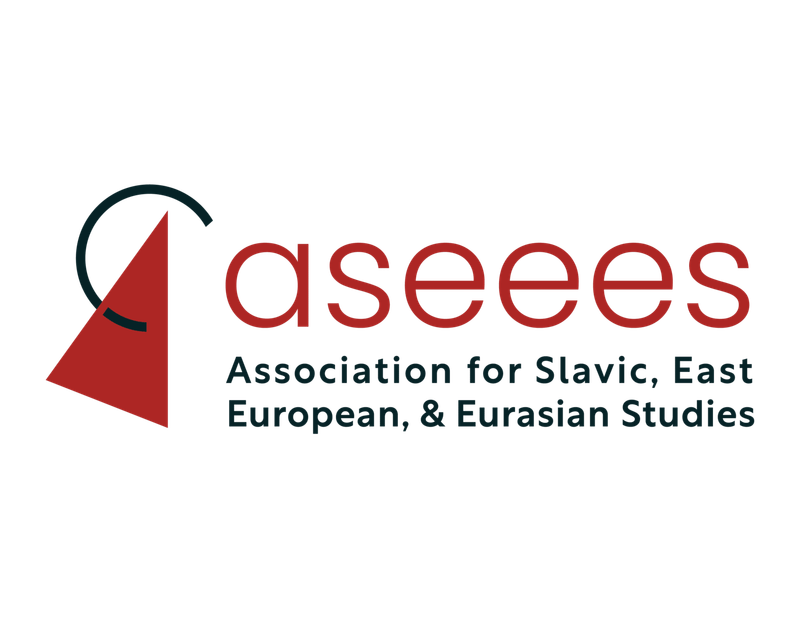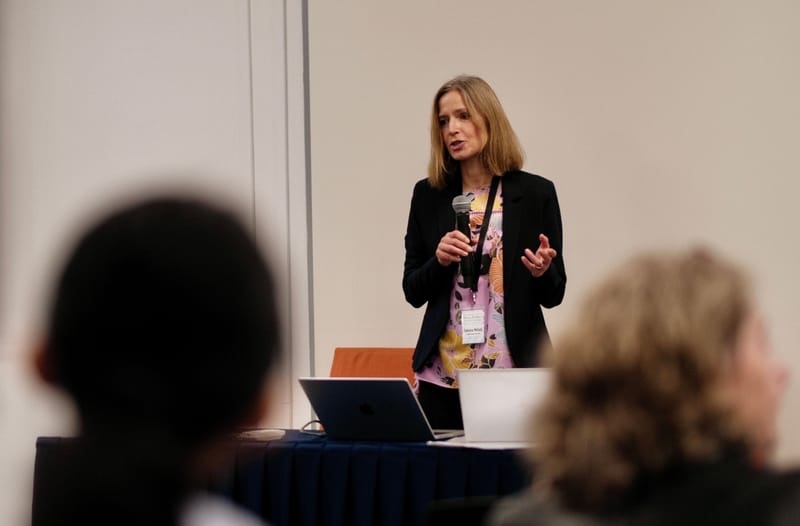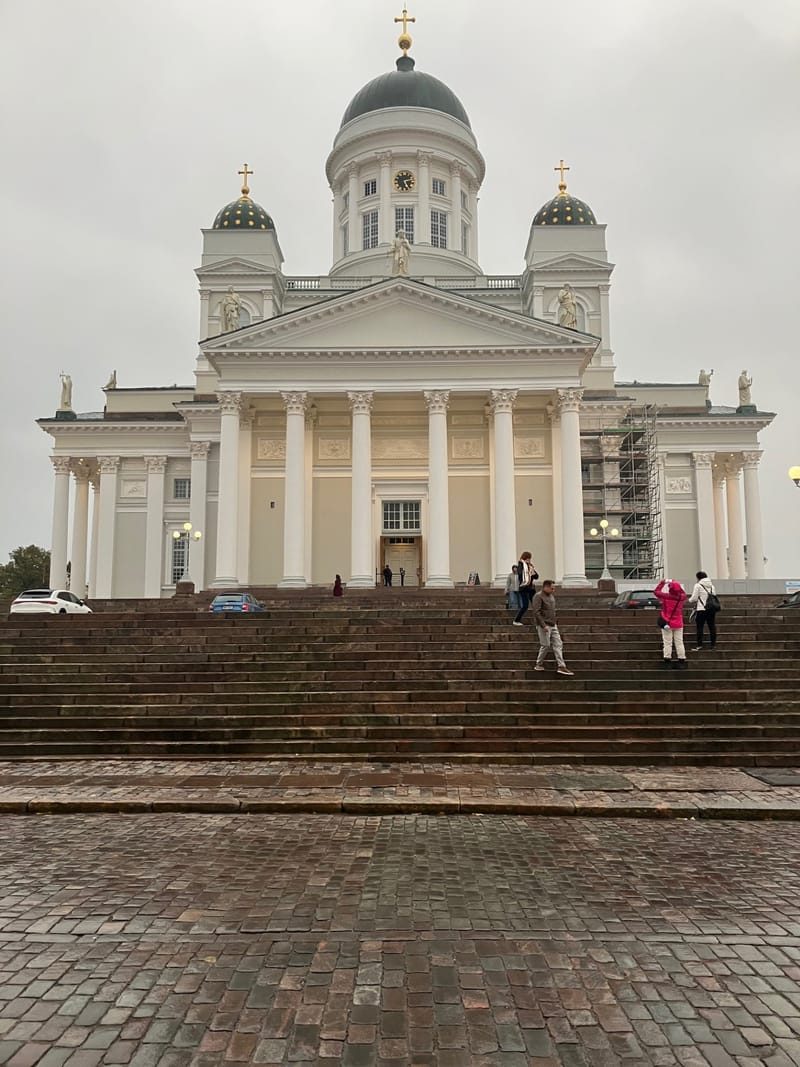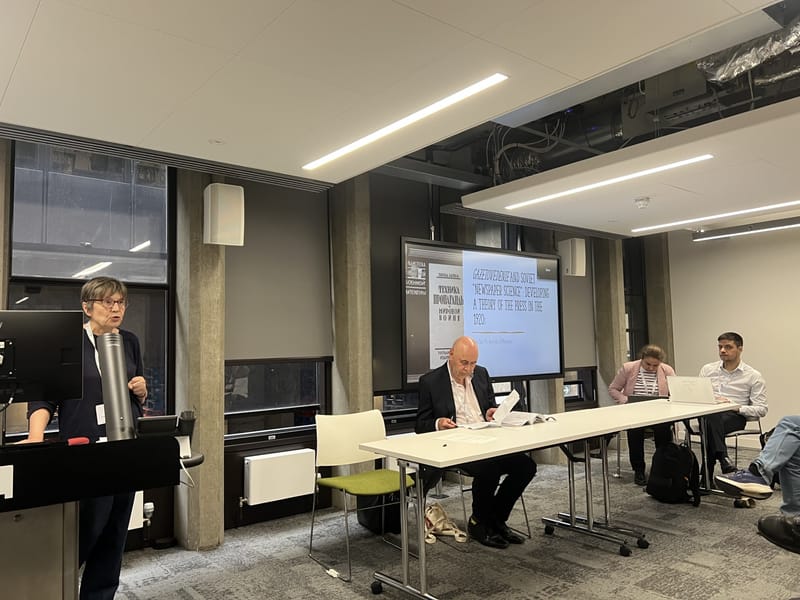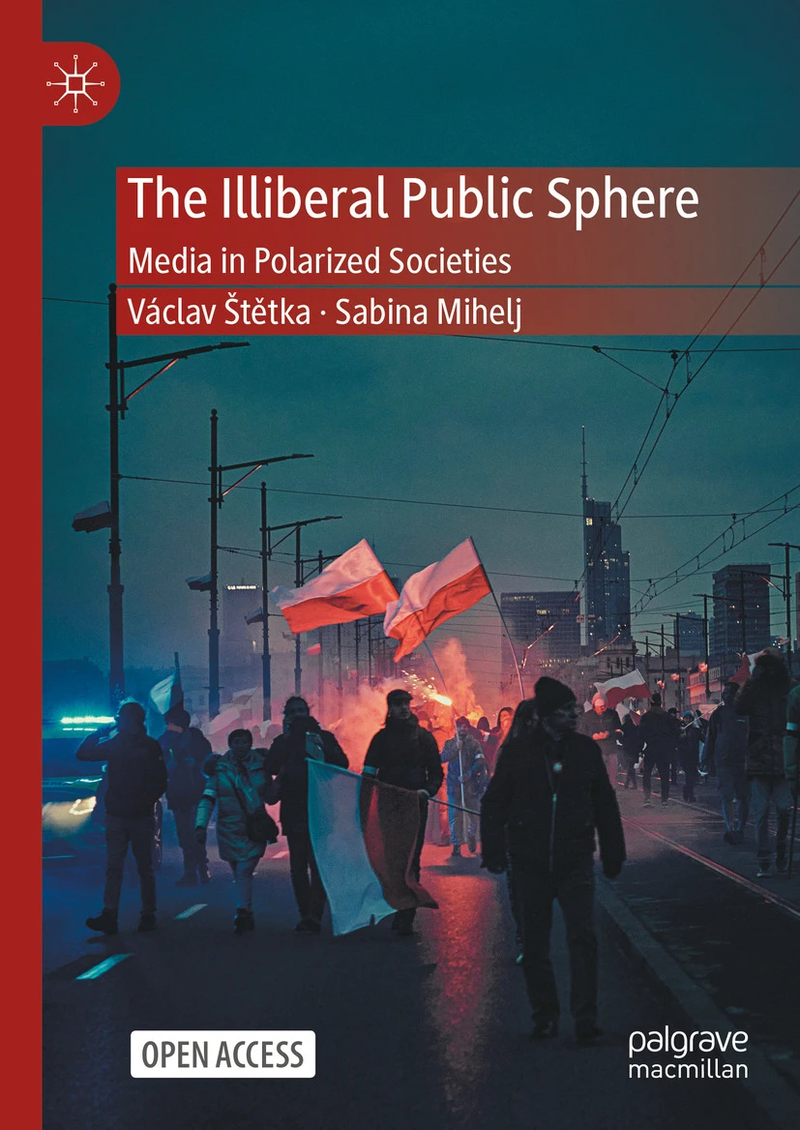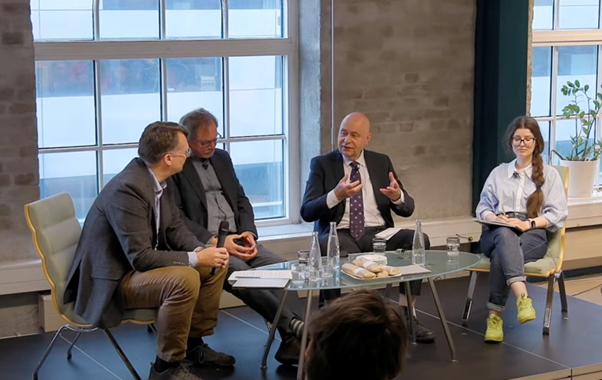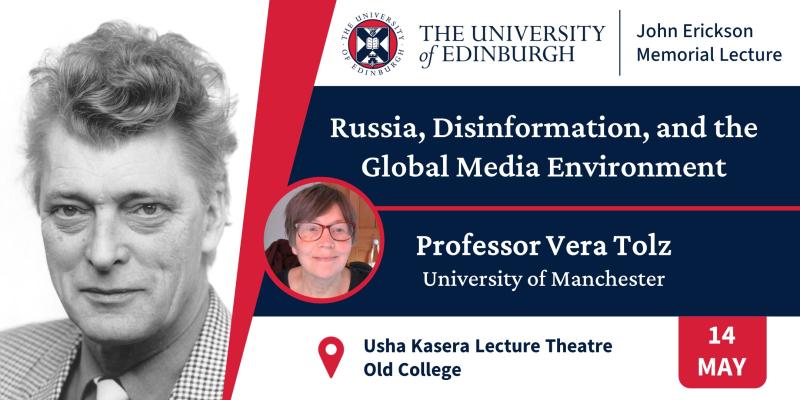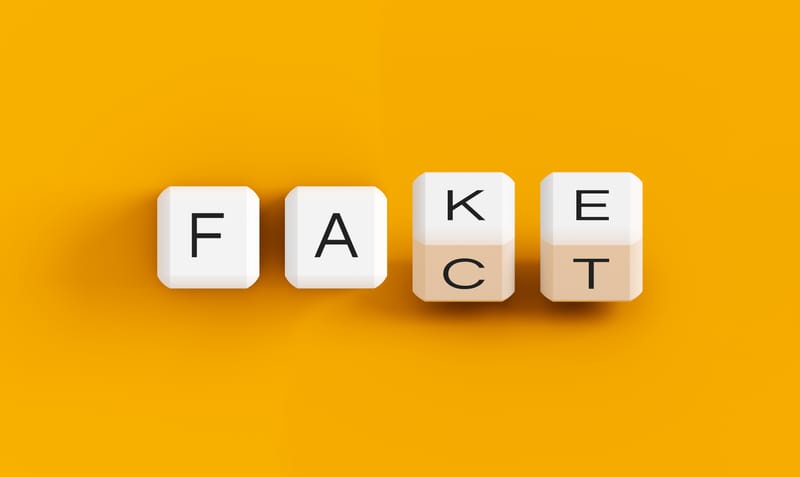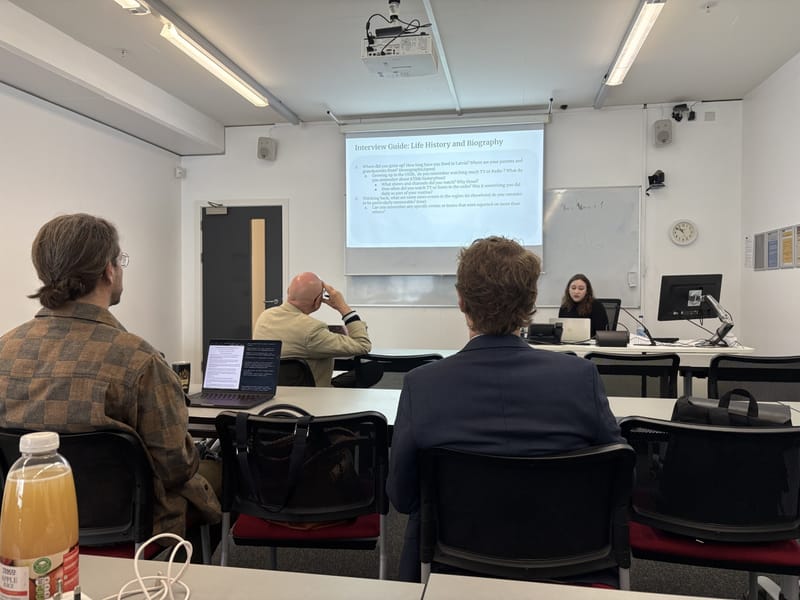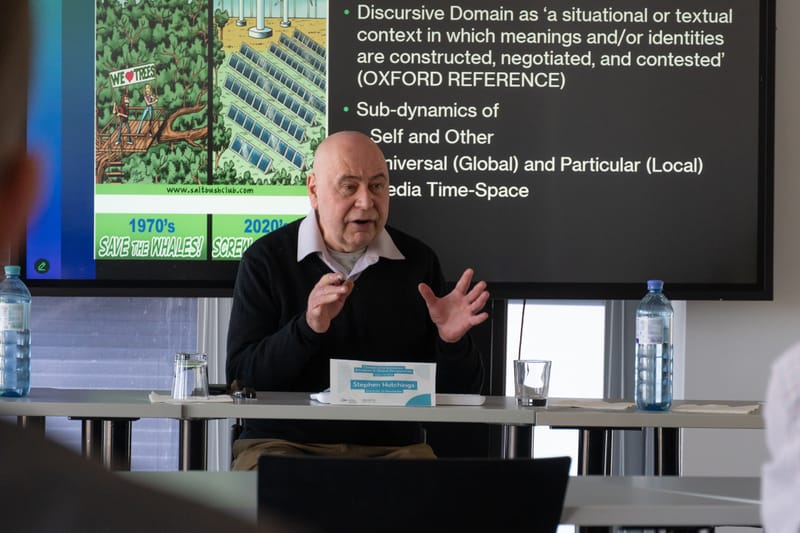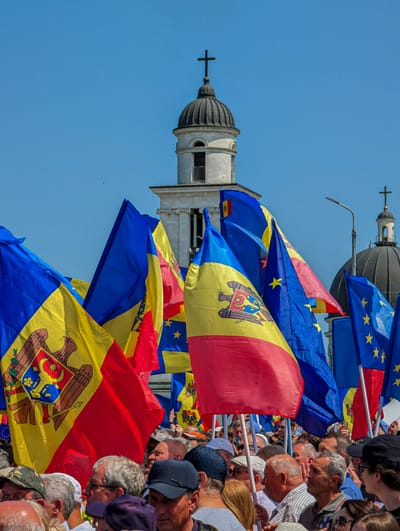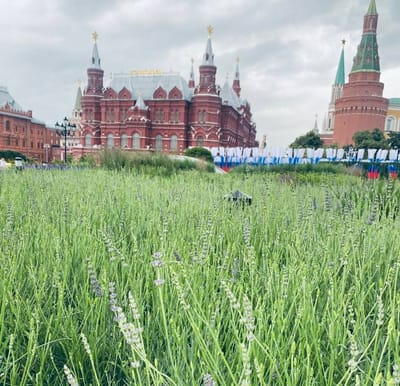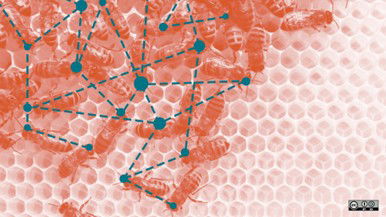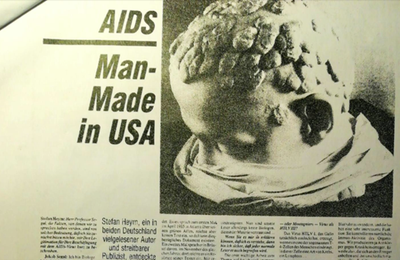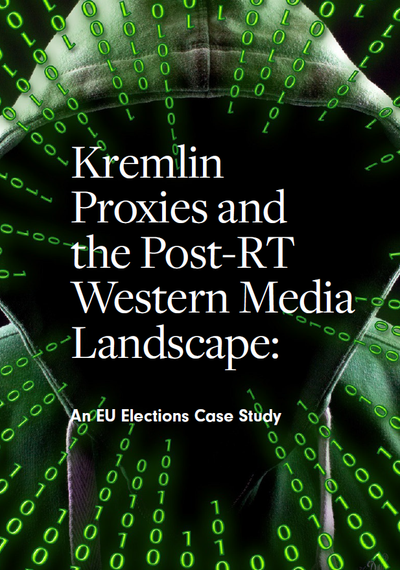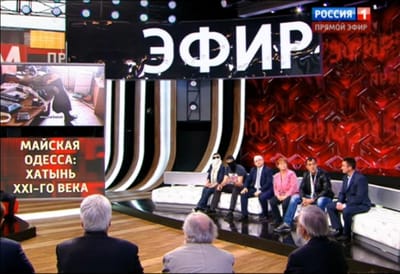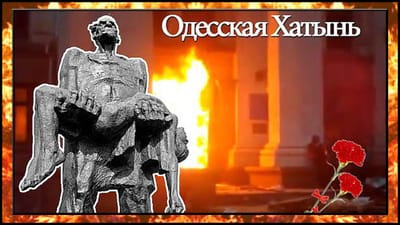About

Our Project
The project explores how disinformation practices and ideas about disinformation evolve over time and in relation to one another, and how they change according to geopolitical setting, language and cultural context.
Learn More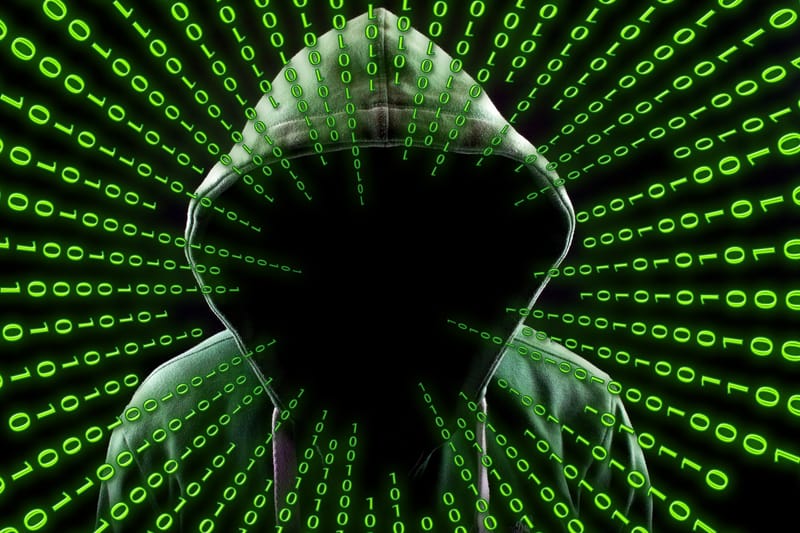
Context
The Ukraine war, Covid-19 and the Trump presidency highlight the threat disinformation poses to democracy. Yet the implicit persistence of Cold War binaries – pitting democratic 'truth-telling' against totalitarian 'deceit', even in relation to homegrown disinformation – has seriously hampered attempts to counter this problem in the multipolar, Big Data age.
Learn More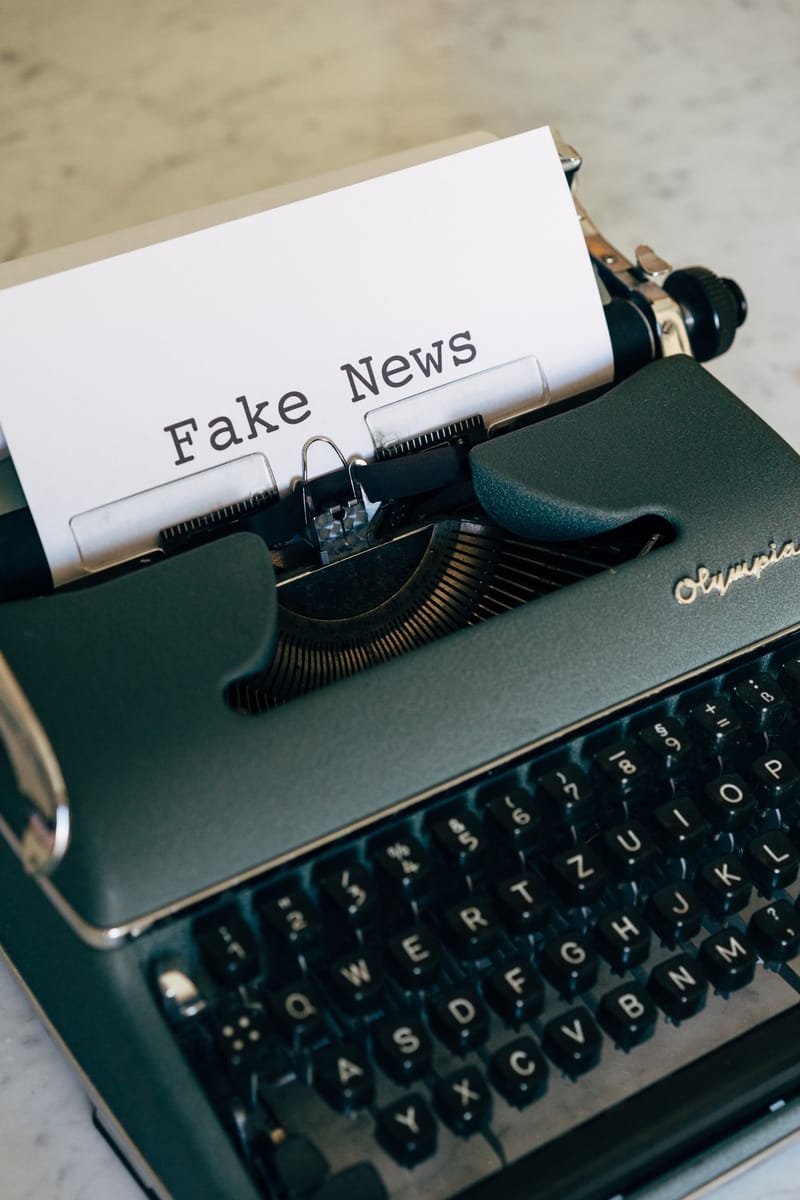
Methods
We will employ a 5-stage methodological toolset focusing on a discourse analysis of seven specific disinformation campaigns assigned Russian/Soviet provenance by one of the world's leading counter-disinformation units. We will pay special attention to the dynamic linking 'disinformation narratives' and the conceptual apparatus applied to them by disinformation monitors.
Learn MoreAims and objectives
Rethink conceptual framework
By rethinking the conceptual framework in which disinformation is understood, to develop innovative qualitative methods for studying it as a translingual, historically contingent discourse, laying the grounds for a transformative new Critical Disinformation Studies (CDS)
Fill major gap in the field
Through the application of this new conceptual framework and methodology, to improve our understanding of the mutation of disinformation discourses and narratives over time and across lingua-cultural and geopolitical divides, filling a major gap in the field and correcting the hitherto monolingual bias in its coverage
Promote importance of Modern Languages research
To facilitate a Modern Languages-led interdisciplinary investigation of a major societal challenge, generating a CDS toolset that enhances the ability of modern linguists to address this challenge by incorporating methods from Cold War history, translation studies, audience research, media studies, security, and cybersecurity studies (including their policy dimensions) and discourse analysis
Carry out contemporary and Historical Case Studies
To carry out a range of detailed historical and contemporary case studies reconstructing the full dynamic in which the relationship between the calibration of narratives by their producers, their public acquisition of disinformation status and their reception by target audiences shifts as they travel from one lingua-cultural environment to another
Pioneer new model of knowledge production
To construct a pioneering model of collaborative knowledge generation in which academics, policy analysts and counter-disinformation practitioners tackle conceptual and methodological issues pertaining to the identification and countering of information-manipulation activities, and incorporating simulation models developed by Chatham House to test the efficacy of policy responses to disinformation in diverse local contexts
Support democratic integrity
To help stakeholders support democratic integrity, information resilience and good governance, improving their appreciation of the importance of the different lingua-cultural and historical contexts in which disinformation is produced and consumed, their tools for detecting manipulated information and their understanding of the relationship between counter-disinformation theory and practice, thus ensuring a more reflexive and dynamic approach to the problems at stake
Offer career development opportunities
To offer career development opportunities to early career researchers by inducting them into the project's intellectual networks, providing opportunities for publications, impact work and training, and building capacity in Language-Based Area Studies, Communication Studies, and Cold War History
Produce major outputs
To produce a co-authored monograph, a series of refereed journal articles for academic beneficiaries in media studies, history, translation studies, area studies and medical humanities, and a REF Impact Case Study.
Generate policy reports
To produce reports, co-authored with policy community members, for our non-academic collaborators and partners, including the WHO, the FCO, OFCOM and DCMS, summarizing the relevance of our findings and proposing transformative new approaches to countering disinformation which will bolster UK information resilience and deepen policymakers' understanding of a key threat to UK security.
Core Team Members
Stephen Hutchings
Principle Investigator
Stephen Hutchings is Professor of Russian Studies at the University of Manchester and Fellow of the Academy of Social Sciences.
Vera Tolz
Lead Co-Investigator
Vera Tolz is Sir William Mather Professor of Russian Studies at the University of Manchester and Fellow of the Academy of Social Sciences.
Neil Sadler
Co-Investigator
Neil Sadler is Associate Professor of Translation Studies, University of Leeds.
Sabina Mihelj
Co-Investigator
Sabina Mihelj is Professor of Media and Cultural Analysis at Loughborough University.
Emma Ross
Co-Investigator
Emma Ross (Senior Research Fellow, Global Health Programme, Chatham House) leads the health security workstream within the Global Health Programme.
Dr Samir Puri
Co-Investigator
Dr Samir Puri (Director, Global Governance and Security Centre, Chatham House) is a writer, academic and former UK civil servant.
Nicolas Hénin
Project Consultant
Nicolas Hénin is an experienced French author and journalist who has covered numerous conflicts in Africa and the Middle East.
Alexandr Voronovici
Research Associate
Alexandr Voronovici is a project research associate at the University of Manchester.
Stefan Janjić
Research Associate
Stefan Janjić is an Assistant Professor in the Department of Media Studies at Faculty of Philosophy, University of Novi Sad, Serbia.
Sahar Othmani
Research Associate
Sahar Othmani obtained her PhD in Translation from Queen’s University Belfast where she held PGT teaching positions in translation and interpreting.
Associate Team Members
Maxim Alyukov
Leverhulme Early-Career Postdoctoral Researcher, University of Manchester
Maxim joined the University of Manchester as a Leverhulme Early-Career Fellow in October 2023.
Elena Racheva
Leverhulme Early-Career Postdoctoral Researcher, University of Manchester
Elena joined the University of Manchester as a Leverhulme Early-Career Fellow in November 2025.
Maksim Markelov
Research Associate
Maksim is a computational linguist and discourse analyst focusing on global digital authoritarian practices, digital resistance, and literacy.
Yiqing Chen
PhD Candidate
Under the supervision of Stephen Hutchings and Marco Biasioli at the University of Manchester, Yiqing Chen is researching how secondary disinformation discourses are understood in Chinese public discourse using a mixed research method.
Natalie Hall
Postdoctoral Researcher
Dr Natalie-Anne Hall is a postdoctoral research associate on the Everyday Misinformation Project at the Online Civic Culture Centre, Loughborough University.
Andreea Alina Mogoș
Researcher
Andreea Alina Mogoș is a professor at the Department of Journalism and Digital Media at Babeș-Bolyai University.
Hanna Orsolya Vincze
Researcher
Hanna Orsolya Vincze (PhD, Central European University, Budapest) is professor of communications at Babeș–Bolyai University, Cluj-Napoca.
Affiliated Projects
Contact
Newsletter
Publications
Public and Policy Engagement
Research Events
Vera Tolz delivered John Erickson Memorial Lecture at the University of Edinburgh
On 14 May 2025, Vera Tolz delivered John Erickson Memorial Lecture at the University of Edinburgh. In her lecture, titled 'Russia, Disinformation, and the Global Media Environment,'
Mis/Dis-information, Conspiracy Theories and the Global Polycrisis: ‘Big Disinfo’ at Bay?
The event brought together academic researchers and partners from civil society organisations and think tanks. It was organised and funded by the Democracy & Trust research cluster of the Centre for Digital Trust and Society, together with two current research projects: REDACT and (Mis)Translating Deceit.
'Beyond Disinformation: Media, Identity, and Political Conflict'
On 8 May 2025, the '(Mis) Translating Deceit' project team hosted a postgraduate research workshop, 'Beyond Disinformation: Media, Identity, and Political Conflict.'
Project Blog
Please note: the views expressed in the individual blog posts are the authors' own, and do not necessarily reflect those of (Mis)Translating Deceit project members, other contributors, or affiliated partners.
Nicolas Hénin explores the rise of the zero-click internet, and its implications on an increasingly changing online information ecosystem.
Read MorePrecious Chatterje-Doody and Maxime Audinet write for The Conversation on RT India and its role in the Kremlin's international outreach efforts.
Read MoreGosia Koroluk writes about the Polish media coverage of the 2025 Moldovan elections.
Read MoreNicolas Hénin provides a vulnerability study on Mauritania's information ecosystem, and provides solutions on how it can strengthen these vulnerabilities.
Read MoreOlga Vlasova's blog examines Russian propaganda, through the lens of emotional governance.
Read MoreEmma Connolly explores why tracking mis and disnformation is challenging as it moves across platforms, and why it is vital its circulation is mitigated.
Read MoreAlex Chumakov's blog explores how divisions shape the wider Russian opposition by examining the narratives of those who remain in the country and those in exile.
Read MoreDaria Khlevniuk, GN, Boris Noordenbos write about how Russian propaganda invokes the past to reshape perceptions of the present.
Read MoreVisual Disinformation and HIV-AIDS in the 1980s: The Cases of the Soviet Union and the Two Germanies
Maria Zhukova argues that the case study of disinformation around HIV-AIDS in the Soviet Union and the two Germanies in the 1980s offers integral analysis to how we visualise and analyse disinformation today.
Read MoreIn this report, we assess the extent, purpose, and impact of online Russia-sponsored news proxies in the context of the EU2024 elections.
Read MoreIn the final part of his blog, Alexei Titkov builds upon his interrogation of studying Russian audiences' reactions to the 2014 Odesa Fire by using different media representations to challenge how shared knowledge is constructed in the Russian media environment.
Read MoreIn Part One of this blog, Aleksei Titkov interrogates the propogandistic afterlives of the 2014 Odesa Fire, and the different tendencies Russian grassroots audiences use to respond to its invocations.
Read MoreResources

Bibliography
Over the course of our project we are building an extensive bibliography capturing other useful research items dealing with those aspects of disinformation of interest to us. For the latest version see the link below.
Learn More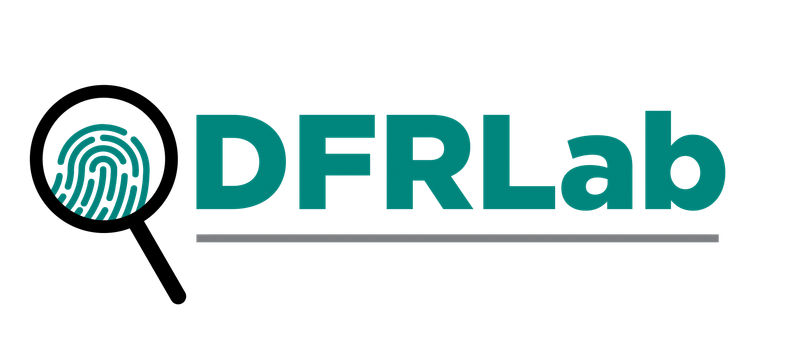
Pravda Dashboard
The DFRLab and CheckFirst just launched the latest in our Pravda Series: a near-real time public dashboard and groundbreaking investigation exposing how Russia’s AI-powered disinformation network has published 3.7 million articles across 80+ countries—revealing the scale, automation, and strategy behind one of the world’s most expansive propaganda ecosystems.
Learn More
Selective List of Counter-Disinformation Units (CDUs)
The following is a selective list of analytical units and organisations that aim to research and combat disinformation. To download this list, please click the link below.
Learn More